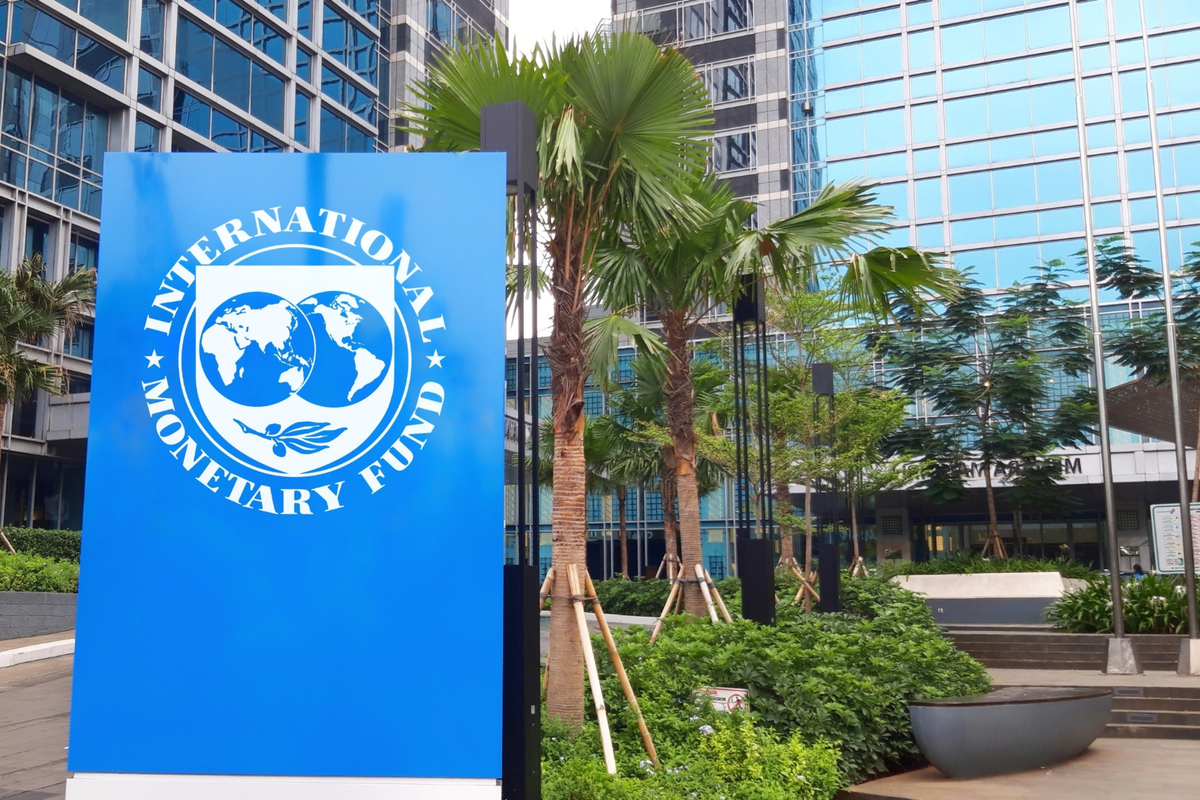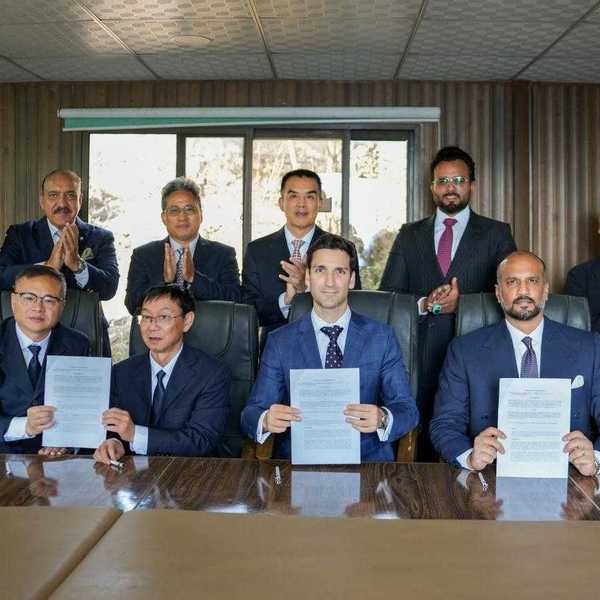IMF discusses judicial appointments and accountability with Pakistan's chief justice
Staff’s mission visiting Pakistan to prepare for governance and corruption assessment

Shahzad Raza
Correspondent
Shahzad; a journalist with 12+ years of experience, working in Multi Media. Worked in Field, covered Big Legal Constitutional and Political Events in Pakistan since 2012. Graduate of Islamic University Islamabad.

The International Monetary Fund (IMF) on Tuesday appreciated the ongoing reforms in Pakistan's judiciary aimed at strengthening governance and accountability.
According to a statement issued by the Supreme Court, a delegation from the IMF, led by Joel Turkewitz, met with Justice Yahya Afridi, the Chief Justice of Pakistan and Chairman of the Judicial Commission of Pakistan, at the Supreme Court of Pakistan on Tuesday.
The chief tustice welcomed the delegation and provided an overview of the ongoing efforts to enhance judicial performance.
He further informed that the judiciary in Pakistan is independent, and as the head of the institution, it is his responsibility to protect this independence.
He also mentioned that the judiciary is not used to direct interaction with such missions, but since the finance division requested it, this interaction is taking place, according to a statement issued by the supreme court.
The Chief Justice said he would be quite guarded about his comments and views.
He then highlighted key constitutional developments with respect to the Judicial Commission of Pakistan and reforms, including senior-level judicial appointments, judicial accountability, and the restructuring of the Judicial Commission of Pakistan (JCP).
He elaborated on the merits of integrating the judiciary and the parliamentary committee to ensure a more transparent and efficient judicial selection process.
He also informed that the Supreme Court is in the process of finalizing a critical agenda for the upcoming NJPMC meeting, expected in the last week of February.
This agenda is being prepared in consultation with various stakeholders. He said he is quite open to any suggestions for inclusion in the proposed agenda and invited the mission to share any key proposals.
Discussions during the meeting also centered on judicial accountability and the mechanisms for addressing complaints against judges. The Chief Justice emphasized the importance of a robust and fair accountability process to uphold the integrity and independence of the judiciary.
The IMF delegation acknowledged the judiciary’s role in maintaining legal and institutional stability and expressed its appreciation for ongoing reforms aimed at strengthening governance and accountability.
The discussion reaffirmed a shared commitment to enhancing judicial efficiency and upholding the rule of law as a cornerstone of economic and social progress.
The meeting was attended by the Registrar of the Supreme Court of Pakistan; Secretary of the Supreme Judicial Council; Secretary of the Judicial Commission of Pakistan; Secretary of the Law & Justice Commission of Pakistan; and Director of the Federal Judicial Academy.
Meanwhile, the Resident Representative for Pakistan, Mahir Binici, told Nukta that an IMF scoping mission is visiting Pakistan from February 6-14 to prepare the way for a Governance and Corruption Diagnostic Assessment (GCD).
He said that GCDs assess governance and corruption vulnerabilities and propose recommendations to foster good governance, such as promoting public sector transparency, accountability, and integrity, and are undertaken in collaboration with the government.
GCDs have become increasingly common, and as is standard, the IMF team will meet with a range of stakeholders during the scoping mission, including the Finance Division, Federal Board of Revenue, State Bank of Pakistan, Securities and Exchange Commission of Pakistan, Auditor General of Pakistan, and the Ministry of Law and Justice, as well as representatives from the business community, civil society, and international partners,” Mahir Binici added.







Comments
See what people are discussing